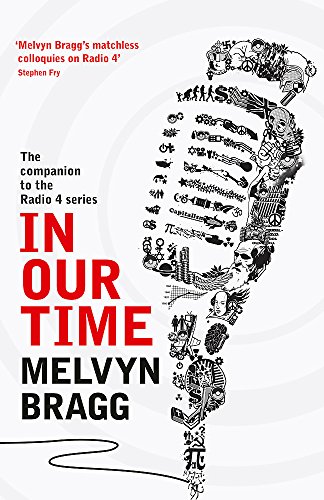Listening to Lord Bragg’s ‘In Our Time’ podcast on Colette (1873-1954) the other day brought to mind Milan Kundera’s The Unbearable Lightness of Being (1984).
How so?
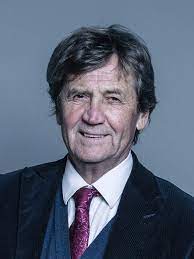
Bragg’s panel members were absolutely determined to read into Colette’s wondrous prose all manner of weighty and sharp points about gender, equality, class, history, power, and more. When Colette wrote her sinuous and sparkling prose about sunflowers in a field, according to the savants, she was subtly undermine the patriarchy or denouncing it. When she wrote charming vignettes about Claudine’s schoolgirl crushes on the film stars, she was subtly attacking social class. And so for the prescribed 45 minutes, but this time I did not exercise the option of listing to the bonus five minutes afterward, so tedious and tendentious did I find the recitation.
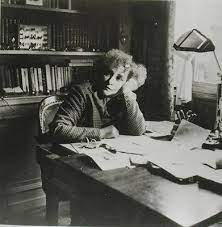
When I thought about it later, Kundera came to mind. As for the heavy-weights in Kundera’s novel, so for the Colette panelists, only meaning has any value at all. If Colette wrote about flowers because she liked doing it, was good at doing it, and found it satisfying as an end in itself, it does not have meaning at all to these scholars. They united in denouncing her most effervescent novel, Gigi (1944) categorically and repeatedly, including gratuitous ad hominem asides.
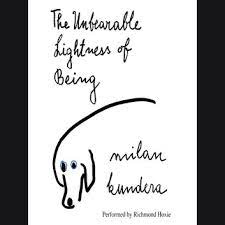
It seemed to me as I listened, and it seems to me now in hindsight that the panelists were pursing their own agendas and not Colette’s. That she wrote Gigi in German occupied Paris, living in constant fear that her Jewish husband would be arrested…. That did not enter into the discussion. The lightness of Gigi was much needed when she produced it. That is remarkable.
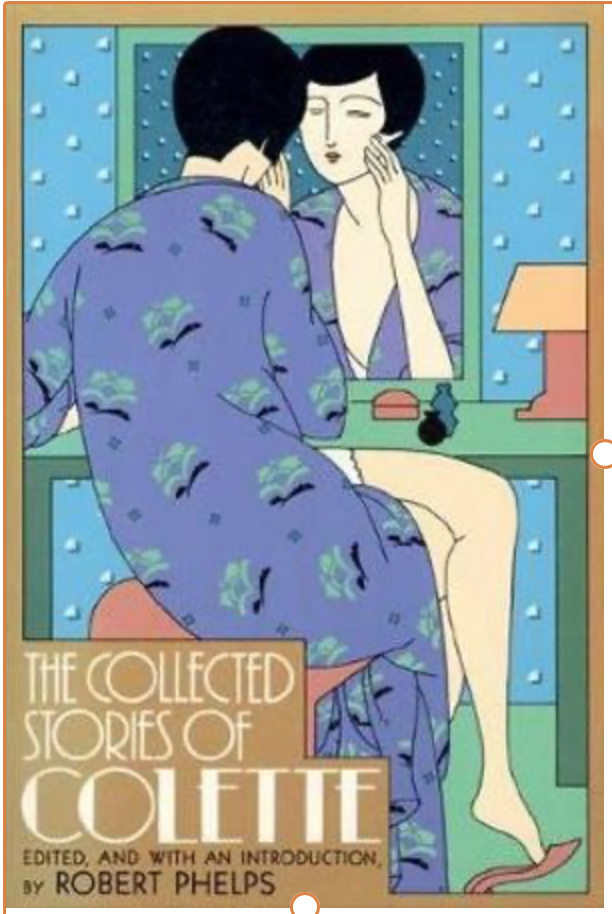
Before and during the war she published life-style articles and some stories in publications that were anti-Semitic, pro-German, collaborationist, and Vichy. Again our panelists were silent. I expect she did so to eke out a living in hard times and from 1940 there were no other choices. All that seemed much more important in her life than their abstractions about gender, class, patriarchy, capitalism, and other way stations on the tenure-track. Survival. And to survive she looked to light side, the bright side.
Nor was much said about her short but noteworthy career as a journalist of which she once said, in a lesson few journalists these days heed, ‘you have to see and not invent, you have to touch and not imagine…’ (By the way, she reported crime – robbery, rape, and murder – for a Paris scandal sheet, not flower shows.)
I read a long biographical introduction to a volume of her memorable short stories years ago, and cannot identify it today, but some of it stuck with me.

